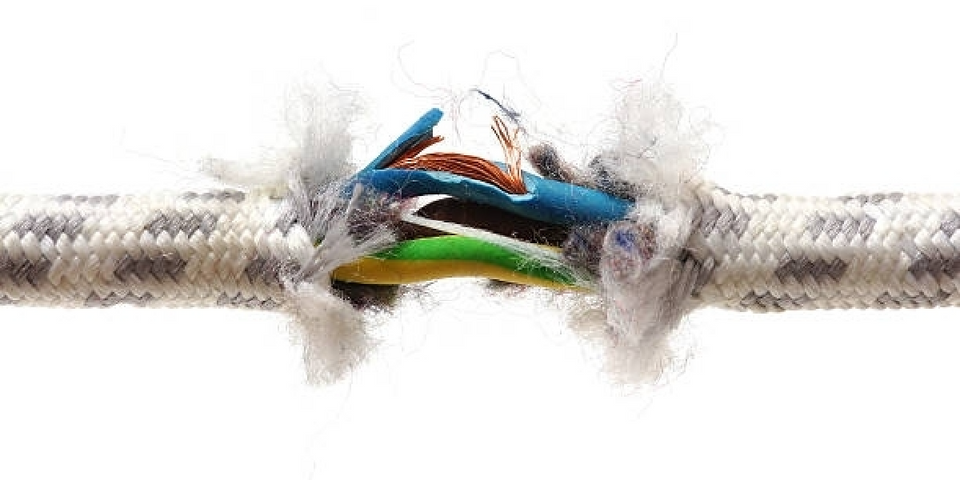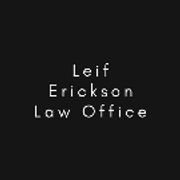
Personal injury cases are quite common, and one type of claim made is product liability. This type of case arises when a product causes injury or harm to a person, and the injured person can seek compensation from the manufacturer or seller of the product. The following guide provides valuable information you should know if you're dealing with this type of issue.
What is Product Liability?
Product liability refers to the legal responsibility of a manufacturer, distributor, or seller for the injuries caused by a defective product. When a consumer purchases a product, they should be able to assume that the item is safe when used appropriately and is going to operate the way it was made to. However, if a product is flawed in any way, it could cause personal injury to the consumer.
What are the Types of Product Liability Claims?
There are three main types of product liability claims you should be aware of.
- Design Defects: These are defects that exist in a product's design. A product with a design defect is inherently dangerous, and no matter how well it is made, it will still be hazardous to use. It would be imperative to go back to the drawing board to fix a product with this type of flaw.
- Manufacturing Defects: These are defects that occur during the manufacturing process. A product with a manufacturing defect is not dangerous by design, but a mistake occurred during the assembly process that made it hazardous. For example, a car manufacturer may install an airbag incorrectly, making the vehicle unsafe.
- Marketing Defects: These are defects in the way a product is marketed, such as inadequate warnings or instructions. For instance, a product may not have adequate information about possible side effects or risks of use.
What Has to Be Proven?
To win a product liability case, the plaintiff (the injured person) must prove that the product was defective and that the defect caused their injury. The plaintiff must also prove that they were using the product as intended or in a reasonably foreseeable way. The plaintiff's lawyer must demonstrate that the defendant (the manufacturer, distributor, or seller) knew or should have known about the defect and failed to correct it or warn consumers about the risks.
If you or someone you know has been injured by a defective product, seek the help of a knowledgeable attorney. The Leif Erickson Law Office in Sioux City, IA, has been helping clients with personal injury cases since 2003 and has more than 30 years of legal experience. They work diligently to gather evidence and build strong cases and can help you get the compensation you deserve. Contact them today at (712) 234-3040 to schedule a free consultation or visit their website for more information.
About the Business
(10 reviews)
Have a question? Ask the experts!
Send your question

